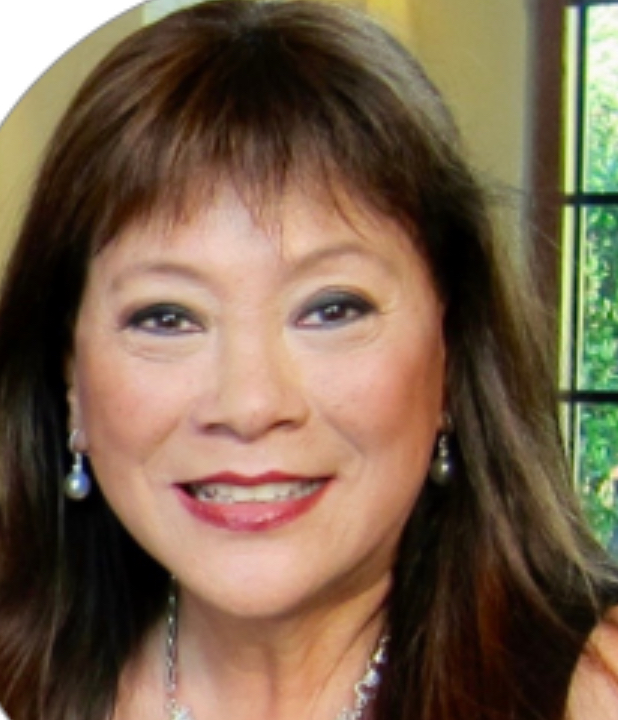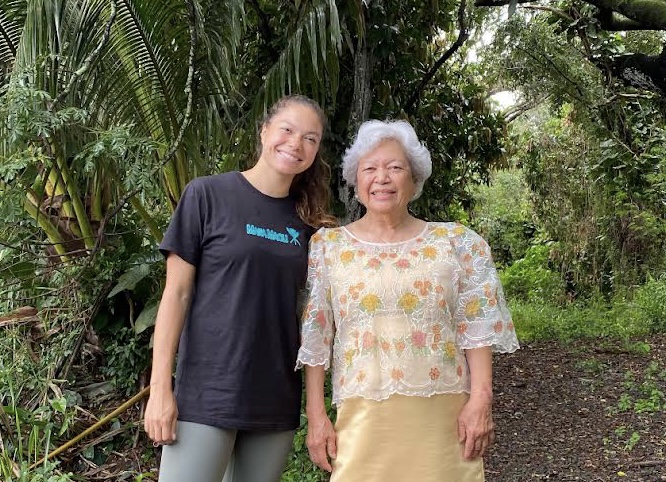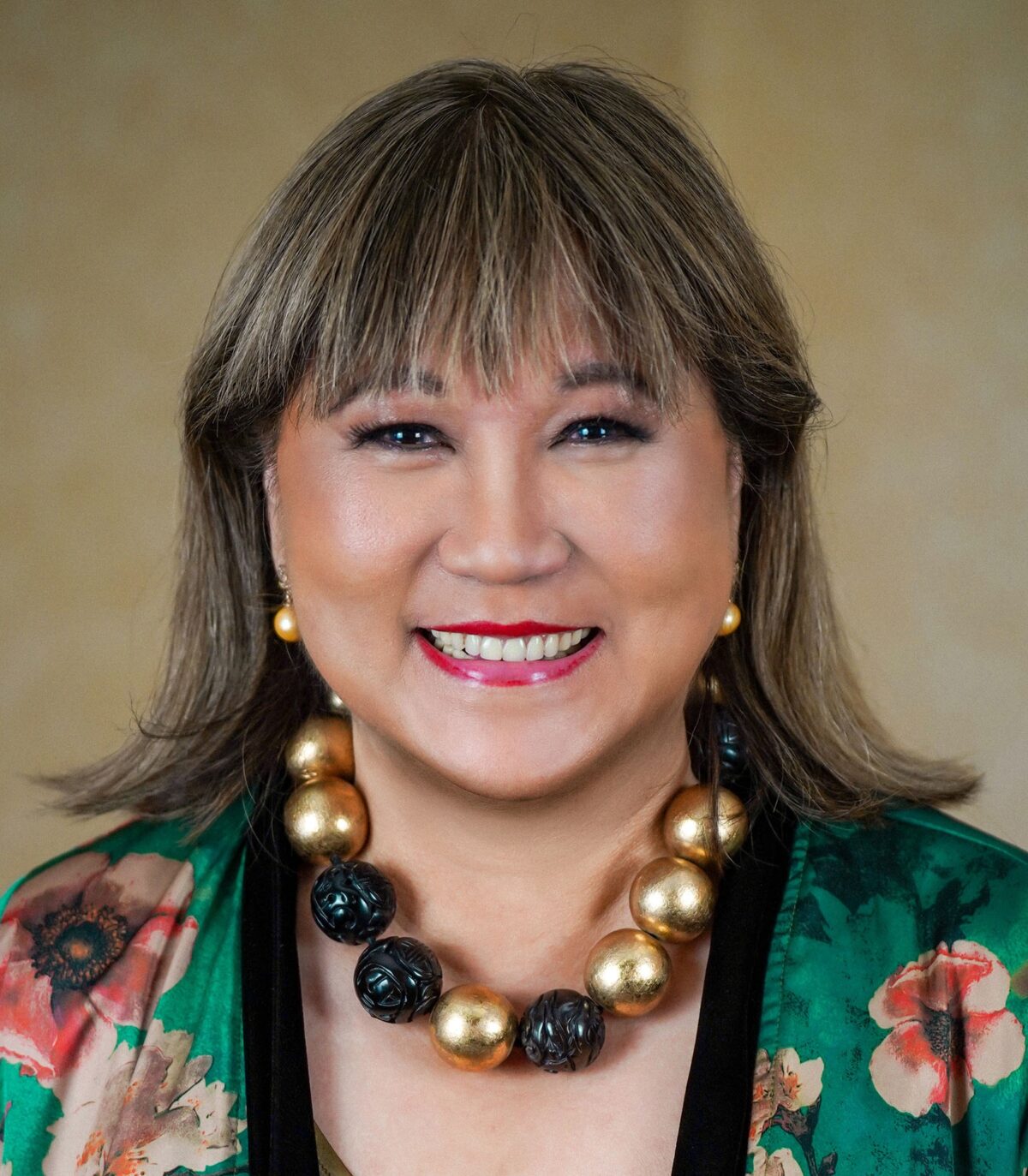Fil-Am ‘sheroes’ follow footsteps of Gabriela Silang, Katipuneras
SAN FRANCISCO – Long before the women’s movement dawned on the west and the United Nations recognized International Women’s Day, a woman named Maria Josefa Gabriela Cariño de Silang had already defined woman power. In the Philippines. In 1763.
Historians say she was 32 years old when she commanded rebel forces to free their beloved Ilocos from its Spanish overlords after the assassination of her second husband Diego Silang, leader of Ilocos fight for independence. She was later captured and executed, and to this day inspires Filipinas to stand up to injustice.
About a century later the Filipina brand of courage and love of country came to fore anew in Gregoria de Jesus, Agueda Kahabagan, Teresa Magbanua, Melchora Aquino, Trinidad Tecson and the many unsung Filipinas who contributed in various ways to the Philippine Revolution against Spain.
De Jesus founded the women’s chapter of the Katipunan, led by its “Supremo,” her first husband Andres Bonifacio. The revolutionary organization kindled the bravery of Kahabagan, a general in Laguna, and Magbanua in the Visayas, and Aquino, who tended to injured revolutionaries in Manila even at her advanced age. Tecson went on to establish the Philippine Red Cross.
Philippine history’s renowned female fighters would be replicated by their fellow Filipinas in the United States. “Shero” first appeared in the Merriam-Webster Collegiate Dictionary in 2008 though it is said to have been used before the turn of the last century. Fil-Am “sheroes” assert the valor of their ancestors by nurturing, protecting and empowering their communities amid societal challenges.
Education is power
For nearly 40 years, Philippine International Aid (PIA) has been giving children a path to the future. What began as an effort to give refuge to young children selling sampaguita garlands in the streets of Manila flowered into an educational organization with a tax-exempt US public charity. It is one of the oldest nonprofits in California focusing on the Filipino community by providing scholarships.
Under the leadership of founder Mona Lisa Yuchengco, PIA could not but grow.

Mona Lisa Yuchengco echoes the words of Vice President Kamala Harris: “The status of women is the status of democracy” as the ability of women to participate safely, freely and equally in political life and in society is “a defining feature of democracy.” CONTRIBUTED
No one can gather people together and open their wallets for a cause like the daughter of the late Philippine industrialist-diplomat Alfonso Yuchengco, whose philanthropic gene she clearly inherited.
Every year PIA holds the biggest Fil-Am humanitarian event uniting Filipinos on both sides of the Pacific. On the surface a fashion show typically headlined by a PH-based designer, each event also showcases art and food products crafted locally and beyond.
Yuchengco is no less known for supporting journalism, having published “Filipinas,” the first Fil-Am glossy magazine “for all Filipinos” to feature creative writing. Ever au courant, she ventured into digital publishing with “Positively Filipino” comprising the Filipinas core team after she sold the publication to advertising ace Greg Macabenta.
To some, her most important gift to the community is her willingness to share. Two years ago, she offered to be the fiscal sponsor of another woman-led nonprofit focused on her favorite cause – education, this time to combat family and intimate partner abuse.
“We have had some victories but we have had setbacks too,” she assessed the status of US women with Inquirer.net USA.
“In general, women still lag behind men in terms of pay, rights and benefits, social standing and representation. We still have quite a way to go to achieve equality, to end racism and discrimination in all forms, and we need to support each other so that our voices can be heard in the halls of power and decision-making.”
She echoes the words of the country’s first Black, first Asian and first woman Vice President Kamala Harris: “the status of women is the status of democracy” as the ability of women to participate safely, freely and equally in political life and in society is “a defining feature of democracy.”
Progressively active
Her married name rings a bell in legal and political circles everywhere, but the former Cynthia Arnaldo is her own woman, who set out to do good by earning a master’s degree in religious education and coming to America to confront oppression.
“Ate Cyn,” as Cynthia Bonta is called by intimates and mentees, currently sits on the board of the Central Valley Empowerment Alliance (CVEA), described by executive director Mari Perez-Ruiz as a “multi-ethnic…grassroots” community development nonprofit to “empower through transformative change” in the state’s deep rural communities and urban centers of Fresno, Madera, Visalia and Bakersfield.
Three years ago, CVEA opened the doors of the Larry Itliong Resource Center in Poplar, Tulare County, to celebrate the birthday of Fil-Am labor organizer and California Hall of Fame inductee Larry Itliong and honor the stakeholders of the farm worker movement that unionized the community.
In the middle of that movement and the five-year farm worker’s strike was Cynthia Bonta and then-husband fellow missionary Warren Bonta.

“Ate Cyn,” as Cynthia Bonta (in photo with granddaughter Reina Bonta) is called by intimates and mentees, currently sits on the board of the Central Valley Empowerment Alliance. CONTRIBUTED
Cynthia Bonta attributes the victory of the movement to inclusion and collaboration, with indigenous and Yemeni workers locking arms with Filipino and Mexican workers.
Her activism begins at home where she raised her children the best way she knows how: “to be a contributing member of society by being a protector, a teacher, an enabler, a guide an example,” she says. Her children Lisa Ligaya Bonta Sumii, a psychotherapist; Jonathan, a diversity and environment expert, and Rob, California’s Attorney General, prove the efficacy of her lessons. These days her grandchildren are the beneficiaries of her guidance. Her granddaughter Reina, eldest of Rob’s three children, produced and directed “LAHI,” a short film dedicated to Cynthia and the impact of the Filipino diaspora on its multigenerational relationships.
Bonta left the Philippines but kept the land of her birth in her heart by organizing the Philippine Independence Day and Filipino American History Month festivities in Alameda, California.
Recently she called together current and former elected officials to press on with the progressive agenda. Her appeal resonates this election year:
“All of us are threatened to lose our freedoms and our rights as human beings as authoritarianism, fascism rises up in the world,” she warned. “Women are being targeted and I dare say is a threat to patriarchy because our latent power when released is as a swollen river that breaks the dam of sexism and objectification. We are showing our power in movements internationally!”
She aired regret that women are “still relegated to staying home” at domestic chores” as she does “not sense a breakthrough in the power systems run by men to treat women equally.” Yet she expressed hope in the “women’s movement gaining more and more political power to bring about transformative change in our society to live together in mutual respect, understanding and cooperation.”
Changing face
Because of Marily Mondejar, the world’s perception of the Filipina has changed.
No longer the “mail-order brides, sluts, exotic, sexy and submissive wives” that popped up on internet searches and appalled her almost three decades ago, the Filipina is viewed as a power player and decision-maker, leader and problem-solver. Like Mondejar herself.
She witnessed from her first involvement in a 1998 political campaign the conspicuous absence of Filipino Americans where it matters, if they are to gain empowerment. She learned about strategy and the need to organize, build a support network – a sisterhood – and decided to make it happen.
She crafted a plan and in 2001 launched the Filipina Women’s Network as a nonprofit professional organization.

Marily Mondejar launched the Filipina Women’s Network in 2001. CONTRIBUTED
In 2003 Mondejar made friends with Eve Ensler, creator of “The Vagina Monologues,” and proceeded to stage the collective testimonies of women’s sexual awakenings that helped them understand and overcome their low self-esteem borne of patriarchy. Each production united Filipinas who shared their own stories including those of intimate partner violence, eventually shedding shame and self-blame after learning its dynamics. Proceeds from the presentations were donated to domestic violence agencies in the area.
The tight sisterhood led Mondejar to establish Foundation for Filipina Women’s Network as the organization for the Most Influential Filipina Women Awardees. “They are leaders in the public and private sectors from 34 countries selected yearly from a worldwide search for Filipina women with a track record of accomplishments with a lasting global imprint through their work in their professional fields, industry sectors and local communities,” she said.
Her organization, the Foundation for the Filipina Women’s Network “provides leadership and opportunities for Filipina women to achieve professional competence and personal fulfillment. FFWN supports the conditions for success for Filipina women.”
FWN’s vision is to be a “resource for leadership, personal and professional development for Filipina women worldwide,” which is today, and more. As is the work.
“Progress for women in the US is slow.,” Mondejar told Inquirer.netUSA. “After #MeToo, overturning Roe v Wade and electing a woman US Vice President we are becoming more visible and heard by the media. (But) We need to do more – women’s organizations are now forming coalitions but we need to stay vigilant. Emerge America is doing a great job with encouraging women to run for office.”
She cited “two major wins in Super Tuesday” and predicted that the two “Filipina women top vote getters will crush the November elections – Jessica Caloza for California State Assembly D52 and Nikki Fortunato Bas for Alameda County Board of Supervisors after terming out as president of the Oakland City Council.”

